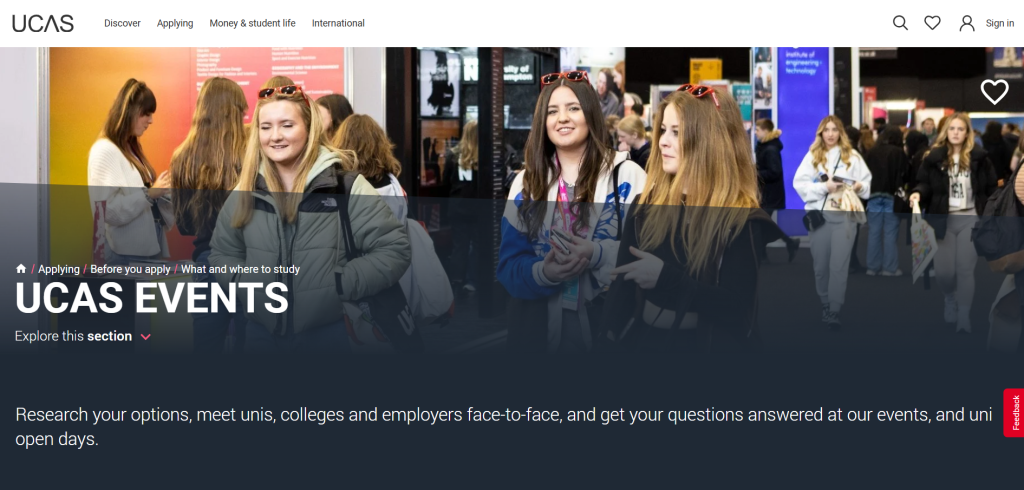
Guide to Applying to UK Universities: UCAS System & Personal Statement Writing Tips
Applying to universities in the UK is a structured process, primarily handled through the UCAS (Universities and Colleges Admissions Service) system. This guide will walk you through the UCAS application process and provide essential tips for crafting a compelling personal statement.

1. Understanding the UCAS System
UCAS is the central application platform for undergraduate courses in the UK. You can apply to up to five universities in one application.
- Application Deadlines:
- 15 October – Oxford, Cambridge, and most medicine, dentistry, and veterinary courses.
- 31 January – Most undergraduate courses.
- 30 June – Late applications (after this, applications enter Clearing).
- Key UCAS Components:
- Personal details – Name, address, nationality, etc.
- Course choices – Up to five universities.
- Education history – Qualifications and predicted grades.
- Work experience – If relevant to the course.
- Personal statement – A crucial part of the application.
- Reference letter – Usually from a teacher or mentor.
UCAS Application Portal: https://www.ucas.com
2. Writing an Effective Personal Statement
The personal statement is your chance to showcase your passion for the subject, academic achievements, and suitability for the course. It is limited to 4,000 characters (around 500 words) or 47 lines.
Key Structure:
- Introduction – Why are you interested in this subject?
- Academic Background – Relevant coursework, projects, and achievements.
- Work Experience & Extracurricular Activities – Internships, volunteer work, leadership roles.
- Skills & Qualities – Critical thinking, problem-solving, teamwork, etc.
- Conclusion – Future goals and why this course is ideal for you.
Personal Statement Writing Tips:
- Be concise and specific. Avoid generic statements.
- Use strong examples. Show, don’t just tell.
- Keep it unique. Universities check for plagiarism.
- Proofread carefully. Grammar and clarity matter.
3. Receiving Offers & Next Steps
After submitting your application, universities may respond with:
- Conditional Offer – You need to meet certain grades.
- Unconditional Offer – You’ve secured a place.
- Rejection – You can apply to another university through UCAS Extra or Clearing.
If you receive multiple offers, you must choose a Firm (first choice) and an Insurance (backup) option.

Final Tips
- Start early – Give yourself time to refine your application.
- Check university requirements – Some may have additional tests like IELTS or admissions interviews.
- Use UCAS resources – UCAS offers guides and support for applicants.
A strong application, backed by a well-written personal statement, will improve your chances of securing a place at a top UK university.







